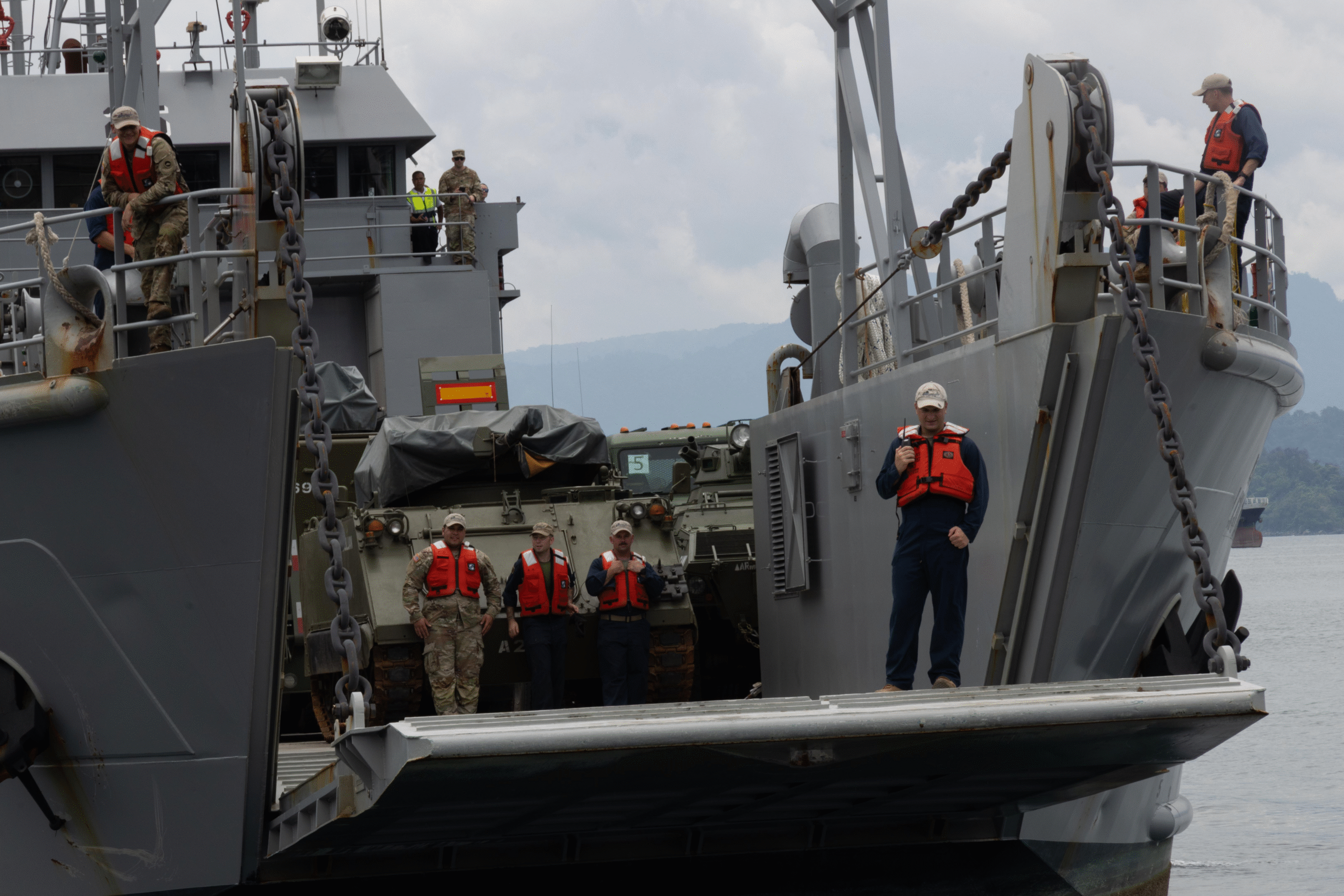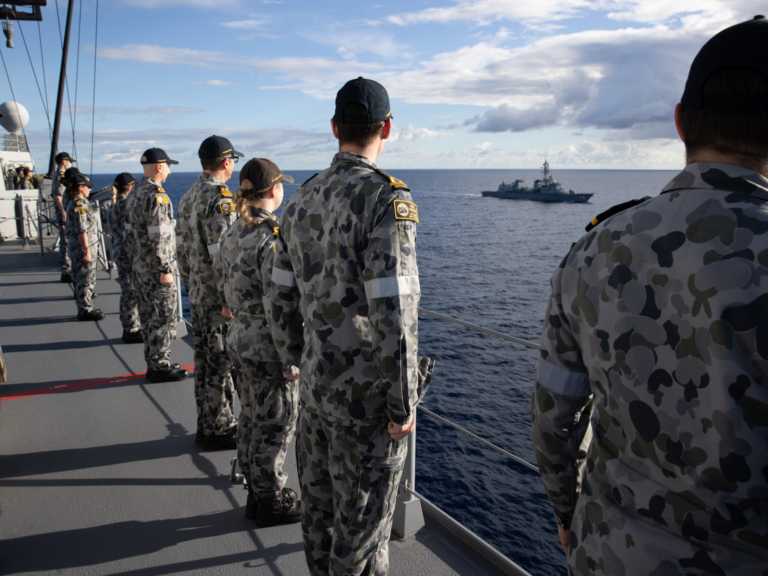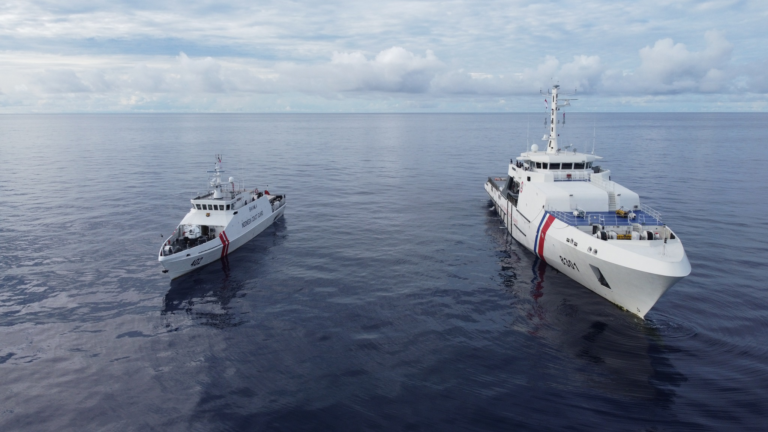
In a compelling display of multinational cooperation and logistical precision, the 593rd Corps Sustainment Command (CSC) played a vital role in supporting Salaknib 25, a bilateral military exercise between the Philippine Army and the U.S. Army Pacific. This annual event is designed to bolster interoperability, enhance military capabilities, and deepen defense ties between the two nations.
Held alongside the region’s largest Philippine-U.S. exercise, Balikatan, Salaknib 25 featured additional participation from various partner countries, underscoring the importance of collaboration and modernization across the Indo-Pacific theater. Known as “SABAK,” this sequence of exercises continues to fine-tune the intricate sustainment planning required to support units operating in the Pacific theater.
With approximately 1,300 troops from both armies participating, SABAK 25 included field training, live-fire drills, and expert exchanges in areas such as fire support and communications. Amid this dynamic operational landscape, the 593rd CSC delivered critical sustainment support as the Army Forces (ARFOR) Sustainment Task Force (STF), ensuring mission continuity and force mobility. Their work directly supported both the 25th Infantry Division and the Surface Deployment and Distribution Command (SDDC).
Central to their success was the Support Operations/Distribution Management Center (SPO/DMC) team from 593rd CSC, whose efforts spanned a broad spectrum of functions. From coordinating port operations and facilitating contracting solutions to executing agricultural wash procedures (required for biosecurity compliance), their behind-the-scenes contributions ensured smooth transitions of personnel and equipment. The team also delivered essential safety briefings, managed marshalling zones (staging areas for organizing personnel and equipment prior to movement) and supervised the secure loading of ammunition containers and helicopters. Their diligence extended to hazardous materials documentation, mobility tracking, and flight accountability, ensuring that troops and operational assets were precisely accounted for and positioned.
The 593rd CSC’s role in SABAK 25 showcased the power of synchronized sustainment in maintaining operational momentum. By acting as a logistical keystone for tactical units, they enabled mission planners and ground forces to stay focused on strategic objectives. Their adaptability and professionalism reinforced the critical value of sustainment operations in complex, multinational environments.
Lt. Col. Matthew Johnson, Transportation Operations Branch (TOB) Chief for the 593rd DMC, emphasized, “The success of the 593rd Sustainment Task Force in the SABAK25 operation was rooted in the deep expertise, dedication, and professionalism of its personnel, who mastered the mission from start to finish. Their thorough understanding enabled groundbreaking logistical feats, including a historic roll-on/roll-off of Philippine Army vehicles, and the efficient redeployment of thousands of troops and hundreds of equipment pieces in record time.”
SABAK 25 was more than just an exercise, it was a reaffirmation of alliance strength, logistical innovation, and shared purpose in the Indo-Pacific region. The professionalism and adaptability of the 593rd CSC highlighted the indispensable role of sustainment commands in shaping mission success, fortifying partnerships, and enabling agile responsiveness in rapidly evolving operational environments. Their work left an enduring mark not only on the exercise itself but on the future of joint force logistics in the Indo-Pacific.





